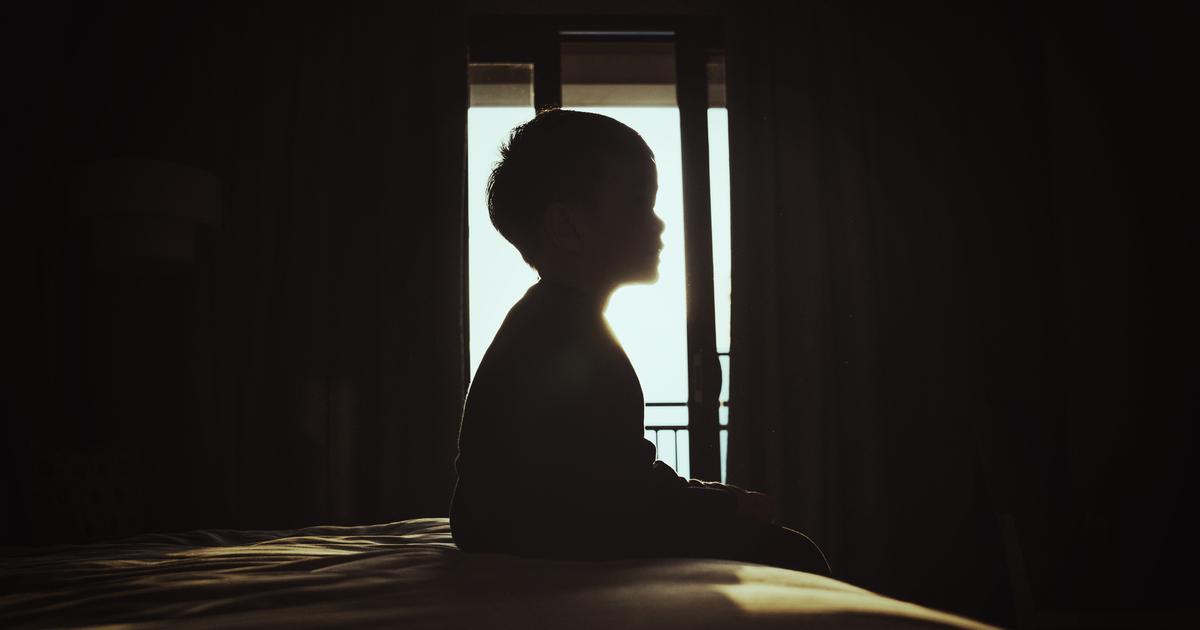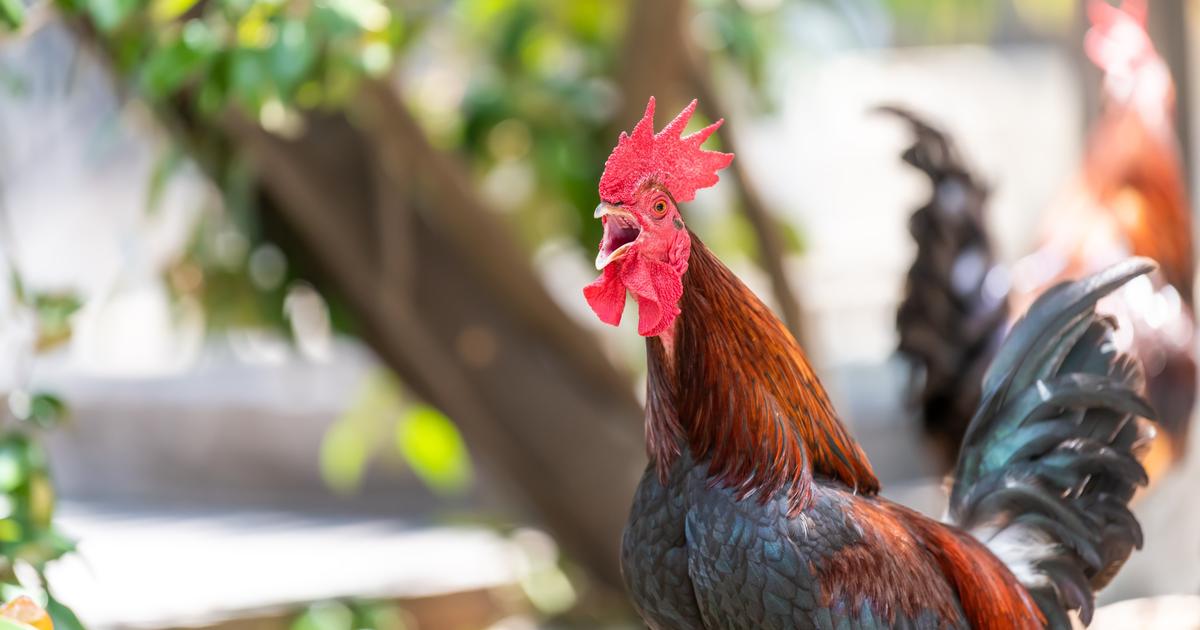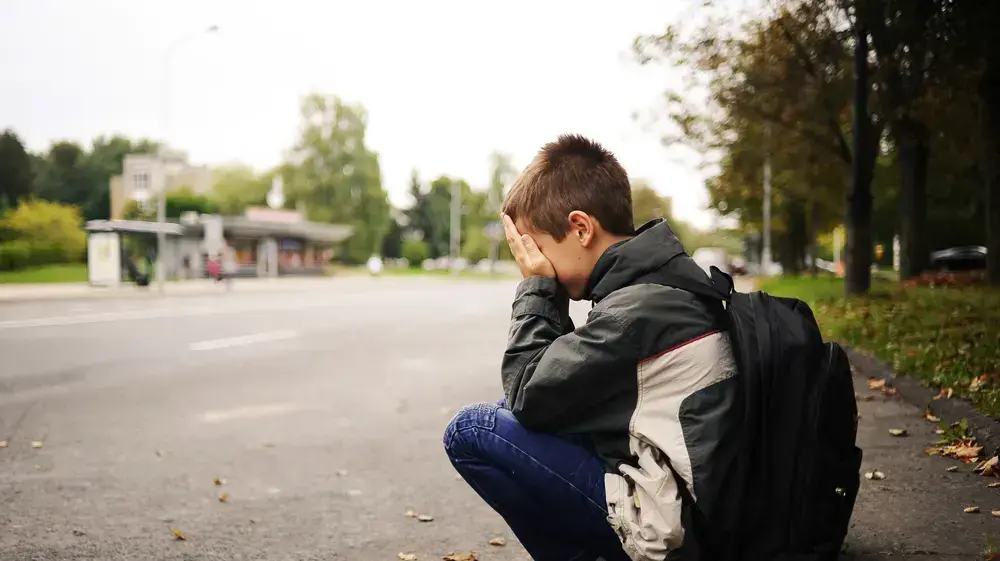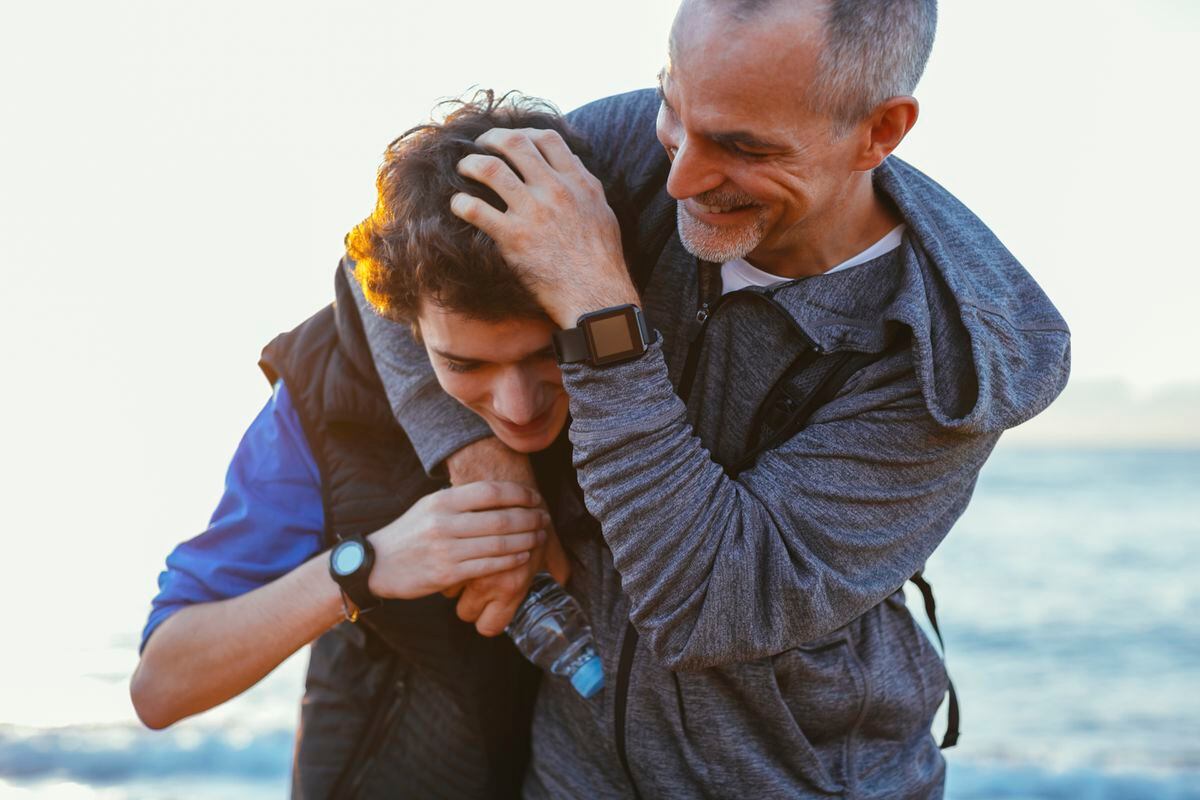- health
- parenthood
Sexual protection: This is how you will teach children to protect themselves from an early age
The horrific rape in Eilat shocked us all, and even a week later many parents travel the world with a sense of insecurity. Is there a way to teach our children to protect themselves and their bodies? Here are 10 rules every parent should know
Tags- Sexual assault
- Ounce
- Education
- parenthood
- Children
Dr. Tamar Verta-Zehavi and Dr. Tamar Asher Shai
Friday, 28 August 2020, 07:01- Share on Facebook
- Share on WhatsApp
- Share on general
- Share on general
- Share on Twitter
- Share on Email
Grotto: A final decision on the opening of the school year will be made ...
A man gets vaccinated against the flu
By Gantz: The Biological Institute will begin a vaccine trial ...
Gamzo: Need restrictions for the holidays, may be aggravated ...
Trump: US Approves Plasma Treatment for Patients ...
Hundreds of artists protested in front of the Prime Minister's residence in Jerusalem: "We want ...
Halle Berry
A method for quick peeling of a hard boiled egg
Israel opens the sky: Corona inspection and without insulation ...
Prof. Gamzo at Barzilai Hospital: Not enough is appreciated ...
A hipster mother who revealed that she is sleeping with her husband when the baby ...
Admission to the artist was forbidden, but the place is still preparing for their arrival ...
Fetuses already detect in the uterus the special sensations in the vagina and penis. Fortunately, we do not interfere for better or worse in this sensory experience. The problem starts when they emerge from the protected uterus. When we diaper our baby we find that our daughter or son shows a special interest in touching the genitals: erection, desire to explore and touch, pleasure and masturbation at a later age (three to six). Our reactions to toddler sexuality will greatly affect their lives. If we break free from the "moral" inhibitions on which we grew up and respond and talk about sexuality as we talk about many other issues, we will develop in childhood and boys a healthy and sexually protected sexuality that will stand to their right in a time of need.
More on Walla! NEWS
How do you raise a feminist child?
To the full article
The statistics are shocking and outrageous: 1 in 5 girls and boys are sexually abused as children, but we can change it and protect them. Therefore, we have formulated ten rules that can help us in this:
1. Although most of us have experienced a discourse on sexuality that involves embarrassment, try to shake it off. For a start, the genitals were named after them: vagina and penis (as we call the foot, "foot", and nose "nose"). The precise naming of organs will allow us and our children to talk openly about anything related to sexuality without guilt and shame.
Encourage your children to ask questions about sexuality, and answer them with credibility and according to their age.
More on Walla! NEWS
- Why is sexual violence perceived by us as something 'exciting'?
- Preschool Sexuality: When is it an innocent game and when to intervene?
- The Great Freedom This is a great time to talk to teens about sexuality
- On the way to the profession: the only place where you study insurance at an academic level combined with practice
3. Since we are aware and aware that boys and girls are sexually abused, we will let our children know that most adults want their best and should not be afraid of them, but there are those who are able to harm them. They can be strangers but they can be familiar and even family members (80 percent of the sexually abusive are family members or people familiar to the boy and girl). We will explain that the offenders look like completely ordinary people, and the way to know if they are good or not, is to see what they are doing and hear what they are saying, and how it makes us feel.
"Good thing you told me!". Mother talks to her daughter (Photo: shutterstock)
Encourage children to tell him about any harm (sexual and non-sexual) or attempted harm. We will not doubt their words, we will not blame them and we will not underestimate the intensity of the injury. There are three important sentences to say to the child, who shared with you the case in which he / she was harmed:
- "Good that you told me" - to give the child reinforcement about the very reference and story to the parent.
- "It's not your fault" - remove guilt from the child.
- "I will take care of it" - remove responsibility from the child.
5. We will teach our children to use strong words like "No!" Or "D!" And strengthen their right to refuse any person who offers something that does not seem to them or does not suit them. You can practice with the children on strong sentences, such as:
- Get out of here
- Leave me
- I do not know you
- You are not my father / mother / friend
- I want help
- Stop
- I do not want
- I will tell father / mother / teacher / Teacher
6. Encourage children to refuse contact they do not want (even from a familiar person) and protect them by clearly explaining in the presence of the girl or boy that they do not like kisses, affectionate pinches in the cheek, strong hugs, tickling, etc.
Kids do not have to hug or kiss, it just depends on them. A girl hugs her father (Photo: ShutterStock)
7. Teach children to develop skills that will help them defend themselves. For example: if a child from kindergarten invites you to his home, do not go without permission from the parents. If someone tries to do something to you against your will, tell a parent or other adult you trust immediately.
8. Talk to your children about legitimate secrets, such as a birthday surprise, and secrets that must be revealed to parents even if you promised not to reveal them. Young children (under the age of 8) should not be expected to keep a secret, and they should emphasize: do not keep secrets, always tell parents!
9. Encourage your children to listen to their gut feelings. Children's intuition is strong and can warn of a poor situation - if it does not feel good to you, or it makes you confused, listen to your feelings. Only you know what's good for you.
10. We will remind our children not to give private information (residential address, parents' names, their age ...) to a stranger, unless they are lost and need help, then it is advisable to contact a woman with children, a guard or a saleswoman.
We must remember that we have the power to make the world a safe place for our children, and only through education for sexual protection and healthy sexuality will we succeed in bringing about change.
Dr. Tamar Verta-Zehavi is a children and youth author, lecturer and pedagogical instructor in early childhood education at the David Yellin Academic College. Dr. Tamar Asher Shai is a lecturer and pedagogical instructor in early childhood education at the David Yellin Academic College, and has been involved in the issue of child abuse prevention for over 30 years. Together they authored the book "What Happened to Kozo?" Encourages discourse on sexual protection and helps identify and detect sexual assault
- Share on Facebook
- Share on WhatsApp
- Share on general
- Share on general
- Share on Twitter
- Share on Email

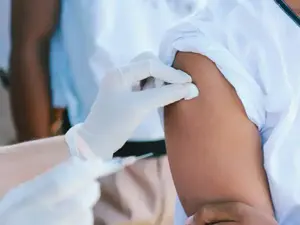
/cloudfront-eu-central-1.images.arcpublishing.com/prisa/YU6JYS64KNDZNHHGXA3QMTYNGY.jpg)
/cloudfront-eu-central-1.images.arcpublishing.com/prisa/7QVPDOHXUJECPHX3SFFN3HDV2U.jpg)


